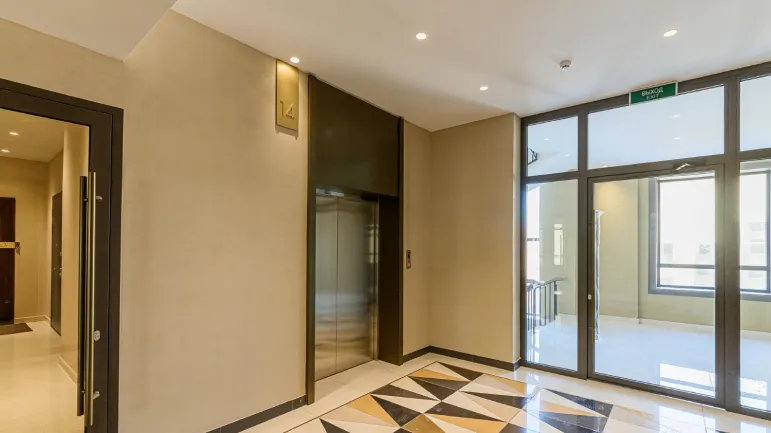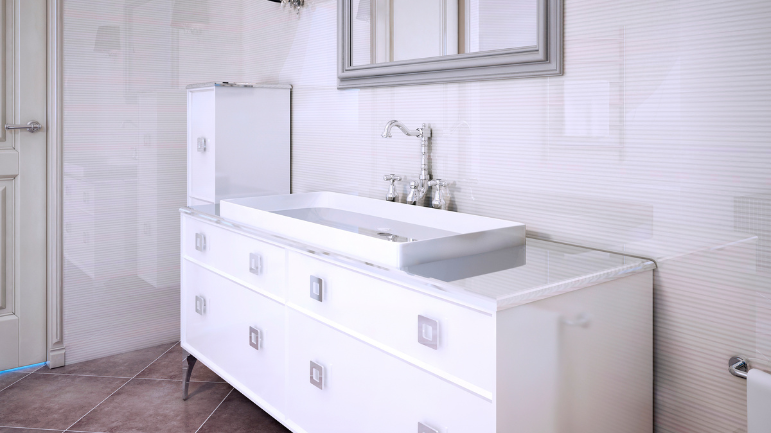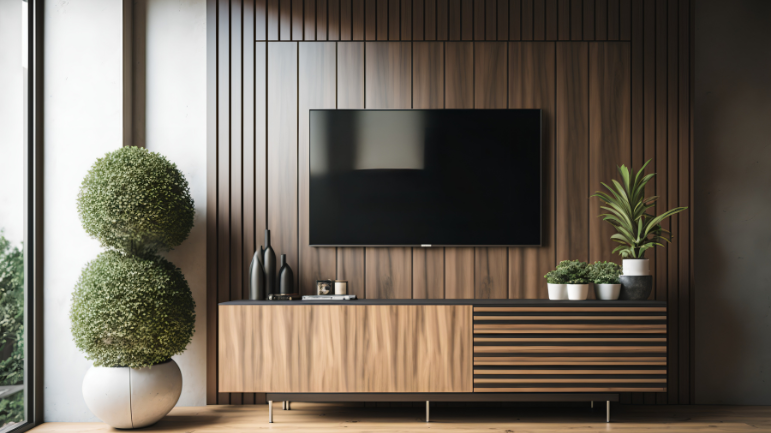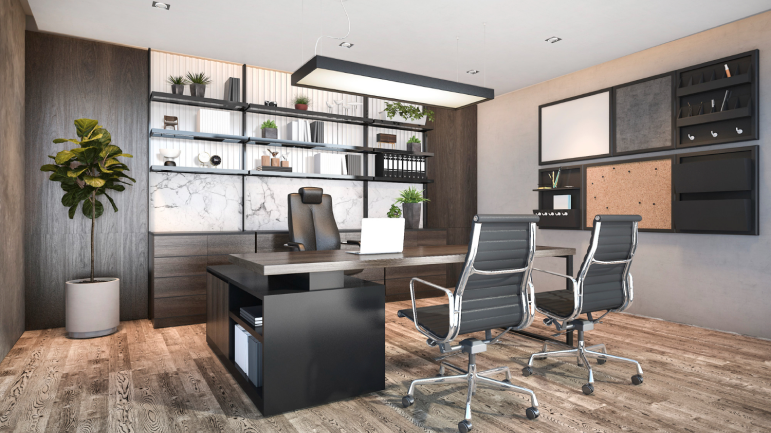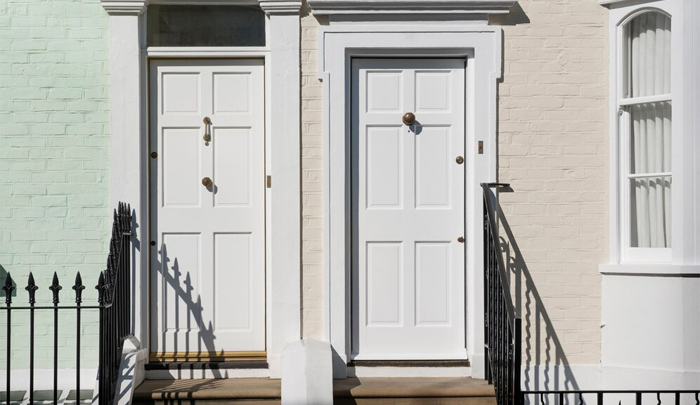The Ultimate Guide to Commercial Door Maintenance for Hotels
Table of Contents
Introduction
In the hotel setting, each detail leads to the consumer’s comfort, safety, and the brand. These details include the condition and performance of commercial doors, which are a crucial aspect. The entrance in the lobby, the doors in the guest rooms, the entrance of the services, or the back of the house—doors in a well-kept state maintain a proper functionality, adherence to the safety codes, and friendly appearance.
In this guide, we shall take you through the most significant aspects of commercial door maintenance in hotels. You will know why it is important, what you should check on regularly, how you can adopt a preventive routine, and what to do when things go wrong. The idea behind it is rather straightforward: maintain your doors in perfect operation, make guests happier, minimize downtime, and minimize expensive disruptions.
Why Commercial Door Maintenance Is Important in Hotels
It is not only a matter of aesthetics to keep commercial doors in a hotel facility. Here are the key reasons:
Safety and Security
Malfunctioning doors may cause failure of fire safety, unauthorized access, or malfunction in a crisis.
Guest Experience
Sticky doors and misaligned or worn-out doors affect the first impressions and convenience.
Efficiency of Operations
The doors are well-kept, minimizing disruption (e.g., locked wings, service delays).
Cost Saving
Preventive maintenance reduces the possibility of big repairs or replacements.
Compliance and Reputation
Hotels should comply with building codes and standards; the doors should not be neglected, and this can result in a violation.
Knowing these aspects, the hotel managers can focus on the maintenance of doors as an element of the overall maintenance policy of the facility.
Hotel Door Checklist Inspection Routine
A regular inspection routine is a way of early detection of problems. This is a suggested checklist (daily/weekly/monthly) to suit the commercial doors in hotels.
Daily/Weekly Checks
- Check that the automatic entrance doors open/close without difficulties and the sensors are functional.
- Check door locks in guest-room corridors and the public areas to ensure that they are well latched and run without any difficulty.
- Check apparent hardware (hinges, handles, closers) to detect the presence of obvious damage or wear.
- Check that fire-door seals (intumescent strips) stay in place and have no more than the required number of gaps (i.e., less than 4 mm).
Monthly/Quarterly Checks
- Test door closers regarding suitable closing speed and latch engagement.
- Check exterior door service doors; check the weatherstrips and weatherstrip seals; replace as necessary.
- Check sliding door (service entrance) tracks and rollers and remove dust, dirt, or broken pieces.
- Apply lubricants to hinges, tracks, pivot points, etc.
- Check on the functionality of emergency exit devices, panic bars, and hardware, and ensure they are well labeled.
Deep inspection annually or biannually
- Check door frame structural integrity (bowing and misalignment).
- Check door hardware (meets standards/certifications (fire door rating, etc.)).
- Examine logs of usage: high usage doors might need to be checked more often.
- Modify record-keeping and schedules of maintenance.
Checklist Table
| Frequency | Tasks | Why It Matters |
|---|---|---|
| Daily/Weekly | Sensor, closer, latch, hardware visual check | Immediate guest and safety impact |
| Monthly/Quarterly | Lubrication, seal/strip check, track cleaning | Prevent wear and energy loss |
| Annual/Biannual | Structural/hardware certification, traffic review | Long-term safety, compliance, lifecycle planning |
Preventive Best Practices of Commercial Door Maintenance
The proactive method of maintaining doors is called preventive maintenance, where services are done before the situation gets out of control. These are critical best practices.
Key Preventive Practices
Create Maintenance Schedules
Introduce assignments by the type of doors and level of usage.
Apply Good Lubricants and Cleaning Materials
Dust, dirt, and grime destroy hardware in due course.
Keep a Closer Eye on High-Traffic Doors
The doors that are most used are the entrance, access to the lobby, and service doors, which are the most worn.
Inventory of Spare Parts
Store similar hardware materials (hinges, seals, and closers), as the systems may also be required to minimize downtimes.
Document Maintenance
Record date, findings, actions taken, and next schedule—this creates a history and helps in audit/compliance.
Educate the Staff on Using the Doors Properly
Guests and employees could use doors inappropriately (e.g., forcing or propping open), resulting in damage.
Instructions of the Manufacturer/Service Provider
This is particularly true when dealing with automatic doors, fire-rated doors, and specialized hardware.
With these preventative measures, you will minimize the chances of doing an emergency repair, maximize the life of the door, and complement the hotel business.
Handling Repairs and Emergencies for Hotel Door Systems
Door problems are possible even after the maintenance has been done in advance. Responses must be quick and well-organized.
Problems and Resolutions of the Common Door
Misalignment or Binding
Doors pulling/sliding hinges/tracks—adjust hinges quickly.
Energy Loss and Drafts
Worn or broken seals/strips—replace seals.
Broken Closers or Operators
Banging doors or ineffective automatic systems—fix by skilled personnel.
Bent Tracks or Track Debris
Slowing sliding doors and forming a safety hazard—clear debris and reposition the rack.
Hardware (hinges, screws, panic bar): this harms safety/exit routes—urgent repair.
Emergency Response by Procedure
Isolate the impacted door
Temporary signage and diversionary traffic (where necessary).
Log the Fault
Date and time, description of the problem, and description of what failed.
Arrange Technician Visit
Qualified door hardware service should be used for major problems, such as spring tension or automated operators.
Temporary Solution in Case of Necessity
To the area, apply interim solutions (such as a lock-out or warning sign).
Check and Verify
Once the door has been fixed, check it and record it.
Fast, systematic coverage of repair management will keep guests to a minimum and will retain the image of the hotel.
Staff Training and the Establishment of Maintenance Protocols
Well-maintained doors mean a well-maintained hotel. This is achieved through the team and protocols.
Training Focus Areas
- Proper functioning of automatic doors, panic doors, and key access doors.
- Recognizing and notifying of wear and tear indicators (scratches, gaps, noise, misalignment).
- Simple cleaning and greasing of available door hardware.
- Guest access (emergency) door procedures (door compliance).
Protocols to Implement
- Work out a document of door maintenance policy: what kind of door, what to check, and when to check it.
- Monitor the status, alerts, and repairs using maintenance logs, digital checklists, or CMMS.
- Click Maint CMMS
- Have frequent staff refresher courses to keep staff conscious and up to standards.
- Perform periodically against the maintenance schedule and make adjustments.
Tight training and protocol organization result in smoother door operations and increased safety and confidence of the guests.
Conclusion
Commercial doors in hotels are silent, safety, efficiency, and guest experience guardians when handled proactively. Whether you are talking about regular inspections or some preventive measures, qualified employees, and effective procedures, you will have your doors open to serve your operations and not to upset them.
The emphasis of the Aspire Doors QA is always on producing high-quality door systems that are intended to be used in the hospitality industry. Working with the appropriate manufacturer and considering the maintenance as part of your facility plan, you secure your guest satisfaction and adherence to safety standards, as well as maximize the long-term performance. Your business doors will remain dependable entry points with proper attention and care, as they will represent your hotel’s devotion to quality.
FAQ
The high-traffic areas should be inspected on a daily basis, the general areas on a monthly basis, and the structural/hardware certification on a yearly basis.
The staff are able to conduct daily/weekly visual inspections and cleaning/lubrication. A certified door technician is supposed to be contracted in case of hardware repairs (springs, automatic operators).
The preventive maintenance minimizes emergency breakages, increases the life of the doors, lowers the repair expenses, enhances the guest experience, and aids safety/compliance.
They can be more complex to look at initially, though routine maintenance ensures the cost is not excessive and prevents serious failure. In guest-based environments, their advantage will tend to surpass the expense.
We offer a variety of options tailored to your space and style. Visit Aspire Doors Qatar
for premium-quality Mahogany doors that fit every space and budget!

